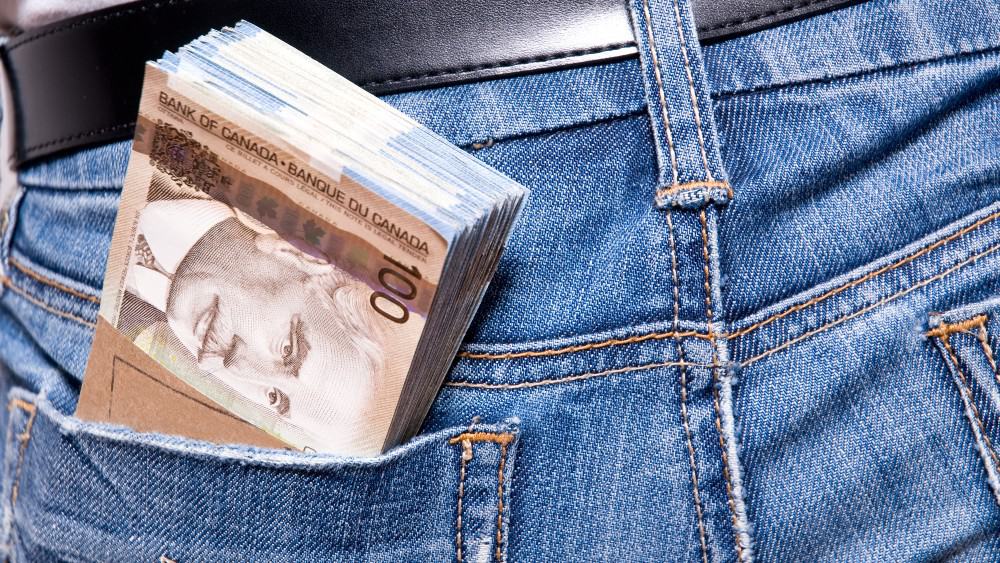Canadian investors focused on maximizing their monthly income streams would do well to consider buying and holding real estate investment trusts (REITs).
REITs are funds that invest in real estate and pay a monthly distribution with the rental/lease income generated. Like stocks, shares in REITs trade on exchanges. These shares can be held in a TFSA or RRSP, allowing for tax-free or tax-deferred distributions.
REITs are required to pay out a substantial portion of their capital to their investors. After all, investors buy REITs to get monthly income streams. For that reason, you can often achieve yields higher than dividend stocks by investing in REITs.
Investing in REITS can therefore be an easy way to maximize your monthly passive income streams. Here’s a list of three Canadian REITs that yield more than 6% as of today. However, do note that 6% is unusually high, and investing in these REITs may pose additional risks. Buyer beware!
BTB REIT
BTB REIT (TSX:BTB.UN) is rather small compared to the more popular REITs in its sector. As of date, it manages a portfolio of just 64 retail, office, and industrial properties, owning just 5.3 million square feet of total leasable area. This makes it a rather minor player in the sector by size.
However, BTB.UN’s distribution yield is anything but small, at 7.09%, which works out to around 0.30% a share. The payout ratio is slightly high at 50.85%, but high enough to get overly alarmed about, especially considering that BTB is still trading at a discount relative to its pre-COVID-19 levels.
Slate Office REIT
Slate Office REIT (TSX:SOT.UN) is another small player in the REIT sector, only managing a portfolio of 35 properties across Canada and two in downtown Chicago. However, its properties are of high quality, with 60% of them being occupied by government or credit rated tenants.
SOT.UN has an even larger distribution yield than BTB.UN at 7.82%, or $0.40 per share. However, the payout ratio looks worryingly high at 62.76%. Investors looking to buy should consider the risk of the yield being cut in recessionary conditions if lease income stagnates.
Slate Grocery REIT
Slate Grocery REIT (TSX:SGR.UN) owns and operates over $1.3 billion worth of U.S. grocery store real estate. Its tenants are primarily metropolitan grocery markets across the U.S. that provide strong cash flows due to the everyday essential nature of their products.
SGR.UN current pays a distribution of $1.08 per share for a yield of 6.57%. The payout ratio is also more reasonable at 58.45%, but is still rather high. However, unlike SOT.UN and BTB.UN, SGR.UN has recovered nicely from the COVID-19 crash, and is currently trading close to its all-time high price.
The Foolish takeaway
All three of the REITs profiled above have above-average distribution yields of 6% or higher. A good diversification play could be to buy all three. In this case, your average distribution yield would be 7.16%. On a $1,000,000 portfolio, that would be around $71,600 annually in passive income. However, these REITs are more risky, so ensure you keep an eye on their payout ratios and financial statements.








